So, I want to create a pull request that only includes the changes to file1, file2, and file3 (i.e. updates for a feature).
The workflow I used:
git clone https://github.com/eghm/project.git project-eghm-clean
cd project-eghm-clean
git remote add upstream https://github.com/forkeduser/project.git
git fetch upstream
git merge upstream/master
git push
git branch featurebranch
git checkout featurebranch
#edit files: file1, file2, file3
git add file1
git add file2
git add file3
git commit -m 'updates for feature'
git push --set-upstream origin featurebranch
Then on github I went to my forked repository, selected Branch: featurebranch, and clicked Pull request. The request includes my merges from synching my fork:
How can I avoid this in the future?
